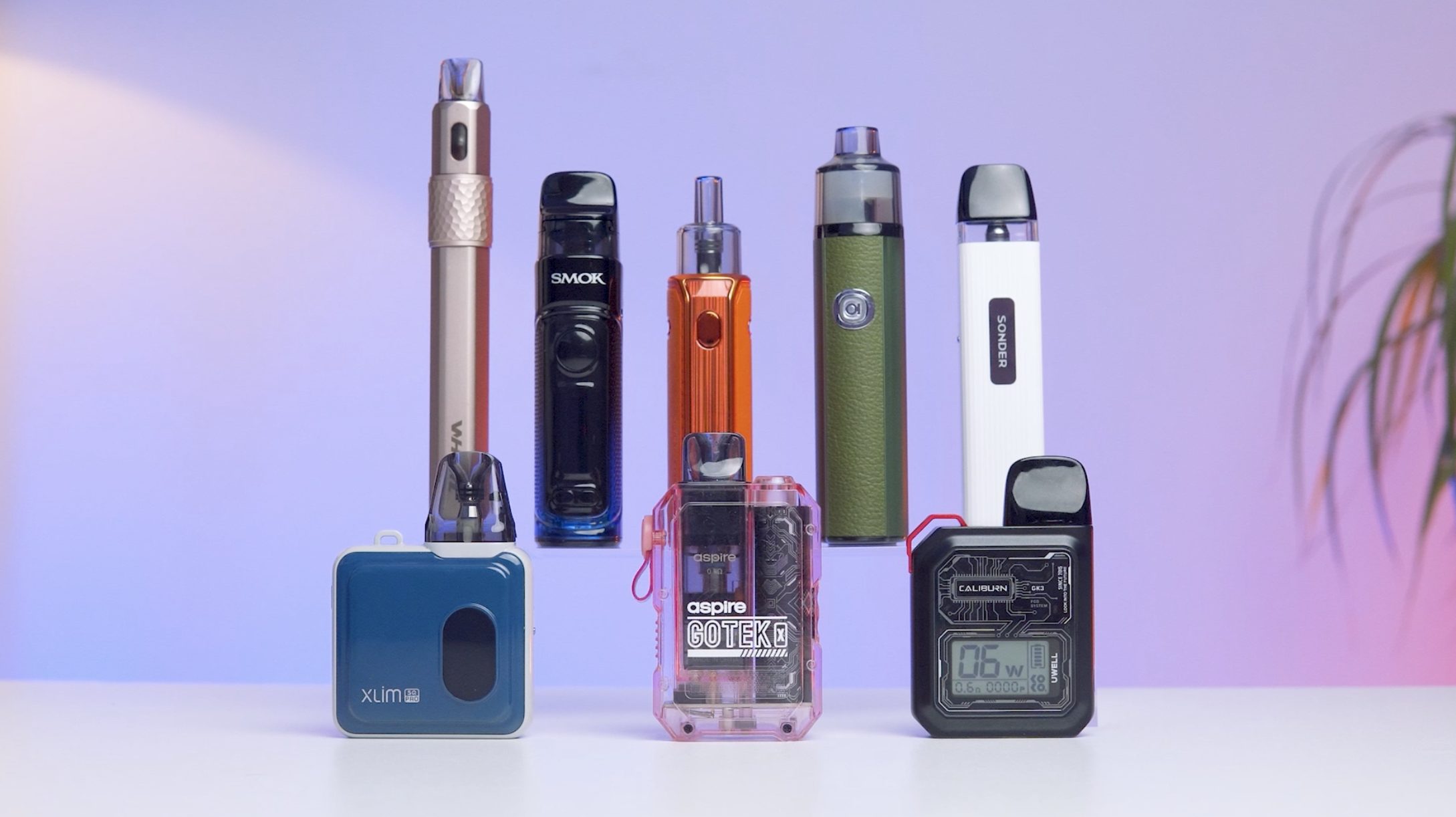Electronic cigarettes can be acquired through several distinct channels, with availability and product variety often influenced by regional regulations.
Physical Retail Locations
- Specialty Vape Shops: These dedicated stores offer a wide range of e-cigarette devices, e-liquids, and accessories. Staff typically possess specialized knowledge and can provide guidance.
- Tobacco Shops: Traditional tobacconists frequently stock a selection of e-cigarette products alongside conventional tobacco items.
- Convenience Stores and Gas Stations: These outlets usually carry a limited selection of popular, often disposable or pod-based, e-cigarette brands.
- Supermarkets and Hypermarkets: In some jurisdictions, larger retail stores may have sections for tobacco and vaping products, though selection can be limited.
Online Retailers
- Dedicated Online Vape Stores: Numerous e-commerce websites specialize in vaping products, offering an extensive inventory, various brands, and competitive pricing. Age verification is typically required.
- Manufacturer Websites: Some e-cigarette brands sell directly to consumers via their official online platforms, ensuring product authenticity.
- General E-commerce Platforms: While policies vary, some major online marketplaces may feature e-cigarette products sold by third-party vendors, though often with restrictions.
Key Purchasing Considerations:

- Age Verification: Legitimate sellers, both brick-and-mortar and online, are required to implement stringent age verification processes to comply with legal purchasing age restrictions.
- Local Regulations: The legality, sale, and types of e-cigarette products (e.g., nicotine strength, flavors) can differ significantly by country, state, or municipality. It is crucial to be aware of and adhere to local laws.
- Product Authenticity: Purchase from reputable and authorized retailers to minimize the risk of acquiring counterfeit or substandard products, particularly when buying online.









